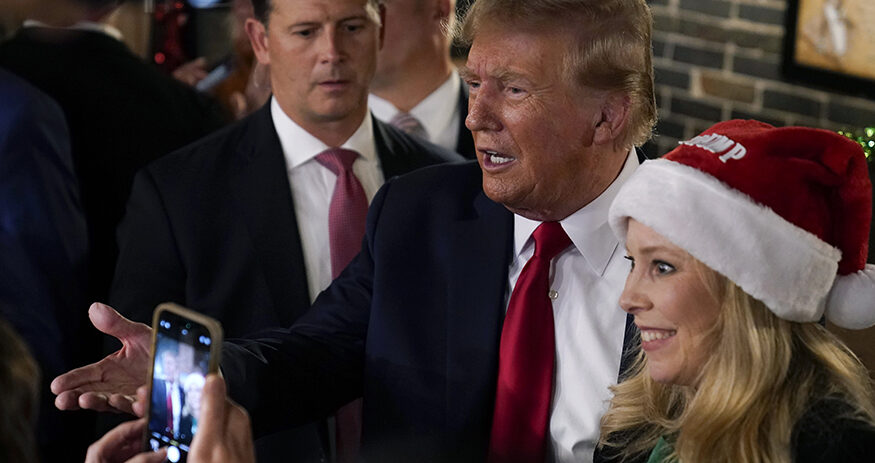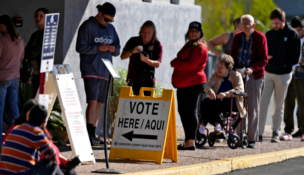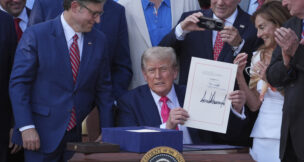Court finds Trump challenger not serious candidate
Howard Fischer, Capitol Media Services//December 6, 2023//
Court finds Trump challenger not serious candidate
Howard Fischer, Capitol Media Services//December 6, 2023//
A federal judge has tossed a bid by a would-be Republican contender for president to keep Donald Trump off the ballot in Arizona, saying the challenger’s presidential campaign is not...
No tags for this post.












































